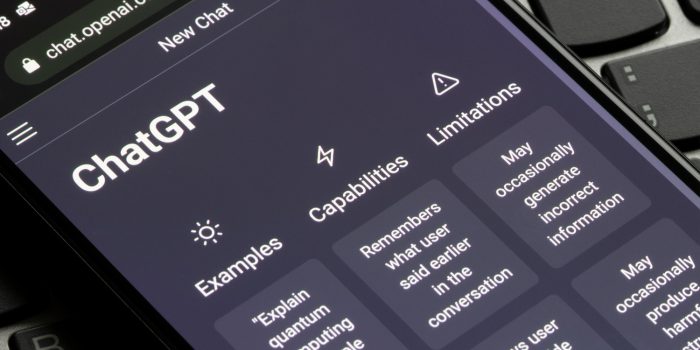New research has found a worrying link to memory loss and tanking grades in students who relied on ChatGPT, in an early but fascinating exploration of the swift impact that large language models have had in education. As detailed in a new study published in the International Journal of Educational Technology in Higher Education, the researchers surveyed hundreds of university students — ranging from undergrads to doctoral candidates — over two phases, using self-reported evaluations. They were spurred on by witnessing more and more of their own students turn to ChatGPT.
“My interest in this topic stemmed from the growing prevalence of generative artificial intelligence in academia and its potential impact on students,” study co-author Muhammad Abhas at the National University of Computer and Emerging Sciences in Pakistan told PsyPost. “For the last year, I observed an increasing, uncritical, reliance on generative AI tools among my students for various assignments and projects I assigned.”

In the first phase, the researchers collected responses from 165 students who used an eight-item scale to report their degree of ChatGPT reliance. The items ranged from “I use ChatGPT for my course assignments” to “ChatGPT is part of my campus life.”
To validate those results, they also conducted a more rigorous “time-lagged” second phase, in which they expanded their scope to nearly 500 students, who were surveyed three times at one to two week intervals. Perhaps unsurprisingly, the researchers found that students under a heavy academic workload and “time pressure” were much more likely to use ChatGPT. They observed that those who relied on ChatGPT reported more procrastination, more memory loss, and a drop in GPA. And the reason why is quite simple: the chatbot, however good or bad its responses are, is making schoolwork too easy.
“Since ChatGPT can quickly respond to any questions asked by a user,” the researchers wrote in the study, “students who excessively use ChatGPT may reduce their cognitive efforts to complete their academic tasks, resulting in poor memory.”

There were a few curveballs, however.
“Contrary to expectations, students who were more sensitive to rewards were less likely to use generative AI,” Abbas told PsyPost, suggesting that those seeking good grades avoided using the chatbot out of fear of getting caught. It’s possible that the relationship between ChatGPT usage and its negative effects is bidirectional, notes PsyPost. A student may turn to the chatbot because they already have bad grades, and not the other way around. It’s also worth considering that the data was self-reported, which comes with its own biases.
That’s not to exonerate AI, though. Based on these findings, we should be wary about ChatGPT’s role in education.
“The average person should recognize the dark side of excessive generative AI usage,” Abbas told Psypost. “While these tools offer convenience, they can also lead to negative consequences such as procrastination, memory loss, and compromised academic performance.”


